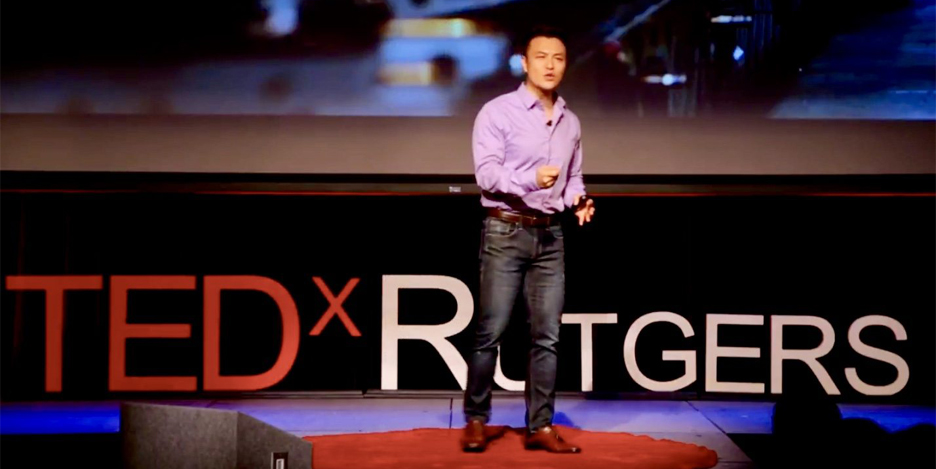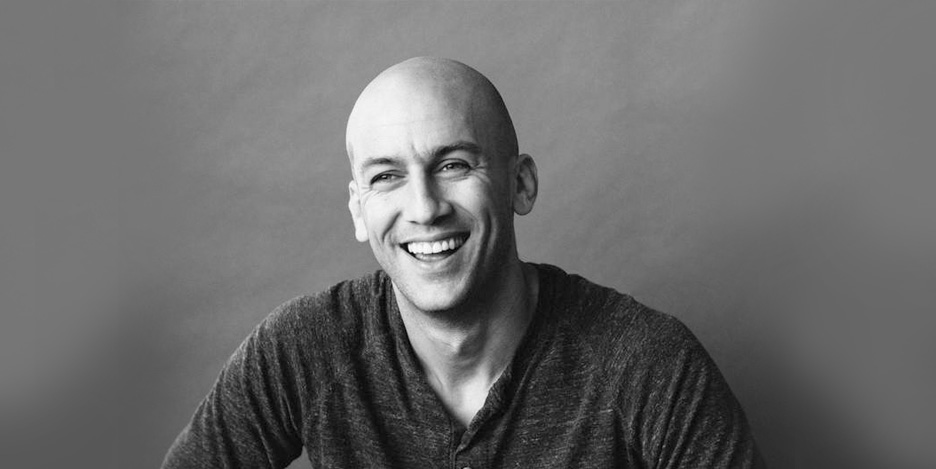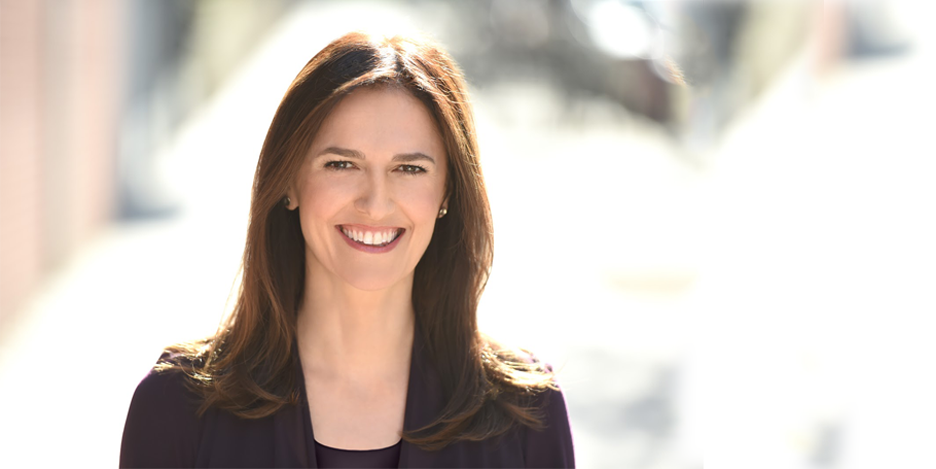This week’s guest on Famous Failures is Kathryn Minshew, the founder and CEO of The Muse.
Kathryn Minshew is sitting on top of the world right now—her company has more than 100 employees and has raised north of $25 million in funding—but she had to endure her fair share of failure to get there. In fact, Kathryn was rejected a whopping 148 times before she found an investor who not only believed in her idea for The Muse, but her capacity to lead the company.
Kathryn’s tenacity goes beyond business. She has worked on vaccine introduction in Rwanda and Malawi with the Clinton Health Access Initiative. She also wrote “The New Rules of Work,” which was published by Crown Business / Penguin Random House in April 2017.
Today, Kathryn spends every waking hour thinking about The Muse, a business that caters to more than 50 million jobseekers and helps 700+ hiring departments find the right people to fill their most-important vacancies.
What follows is an edited version of our conversation. I hope you enjoy it as much as I did.
What were your three most valuable failures?
One: Realizing that I hated my first choice of career path, and feeling like a failure because I had told everyone I knew that I was going to be a Foreign Service Officer, CIA agent or Ambassador. After working at the US Embassy in Cyprus in 2007, in the Regional Security Office, I realized it wasn’t the right path for me—but I had no idea what was.
Two: Seeing the failure of my first company, PYP Media, after ten months of backbreaking work and hustling to keep it alive.
Three: Raising our first round of funding for The Muse. We pitched 150+ investors and eventually got enough “yes”es—but not before being told “no” (or failing) 148 times!
Which of those three failures was your favorite? What makes it your favorite?
Raising our first round of funding for The Muse. When I look back, it’s crazy to think about how many people didn’t believe in the vision for the company, didn’t see the need for a better career destination, or just flat out didn’t believe in me as a founder. I just knew we were on to something big—if only I could get it off the ground! It also helped that even though most investors were apathetic to us, our users were rabid fans who kept telling us how much they loved the product and concept.
In the end, I think that feedback and data from users, plus sheer determination, is really what kept me going. Of course, I had moments of self-doubt. I’d quit my job and given up a steady paycheck to pursue this crazy idea and it was absolutely terrifying—and then we had 148 different people, many of them very smart and successful, question what we were trying to do.
But it made finally hearing the word “yes” even sweeter. Actually, two early investors eventually said “yes,” so it was doubly as sweet!
Which of those three failures was the hardest? What advice do you wish you had when you were navigating that failure?
Seeing my first company fail—in a very painful, somewhat public way—was one of the hardest things I’ve been through. I put everything I had into that company—time, energy, a huge chunk of my savings. I was so excited about what we were doing, and having to give it all up was incredibly difficult. I also felt humiliated, since I had been pitching and talking about the company to family and friends for months, and now I had to tell them it was gone.
In some ways, the hardest part of it was how it all happened. I was in a partnership with three former co-workers, including my current Muse co-founder Alex, and when we first sat down to iron out some of the details, we literally split our equity on a piece of lined notebook paper. It wasn’t very formal, and we never bothered to get done on proper legal documents. When you’re working with people you know and you’re all really passionate about something, it’s easy to say, “Hey, let’s figure out who makes what decisions later and just get to work.” In retrospect, it would have been great if someone had told us, “No, really, you need to formalize the process and hire a lawyer.” It’s the advice I give everyone now: It’s more than worth the investment!
I learned a lot of lessons from that experience. One was, of course, that any business worth starting should have proper legal documentation so you’re protected in case one person wants to leave or there’s a conflict between co-founders.
Another lesson: Choose the people you go into business with wisely. It’s so important because at the end of the day, sharing a vision and being passionate about an idea isn’t enough if you have completely different values and ethics. You can make progress in the short term, but when things get tough, you need to be able to trust that the person (or people) across the table are going to honor their word and do the right thing. If you suspect that might not be 100% the case, walk away and find someone else, or start a business solo.
The upside of all this—and the reason I’m glad I learned these lessons the hard way—is that when I started The Muse with most of the original team just a few weeks after losing PYP, we were able to avoid making those same mistakes twice.
How are you failing right now?
Every day, there’s something I fail at: that’s one of the most difficult things about founding and growing a startup, because if you are succeeding, it means you’re constantly growing into situations you’ve never experienced before. For example, the moment I felt comfortable leading The Muse as CEO of a 20-person team, we raised our Series A and, within a year, scaled to 65 employees. A year later, it was 100+. There are new things to learn and new ways to fail at each stage, so it’s a constant learning process.
Prioritization and time management are a challenge here as well. As The Muse grows and evolves, and as my role continues to grow and change, I’m constantly reevaluating how I’m spending my time and how I can best serve the team. You have to try and learn/upgrade your skills at the same rate that the company is growing, or faster — and that’s hard!




